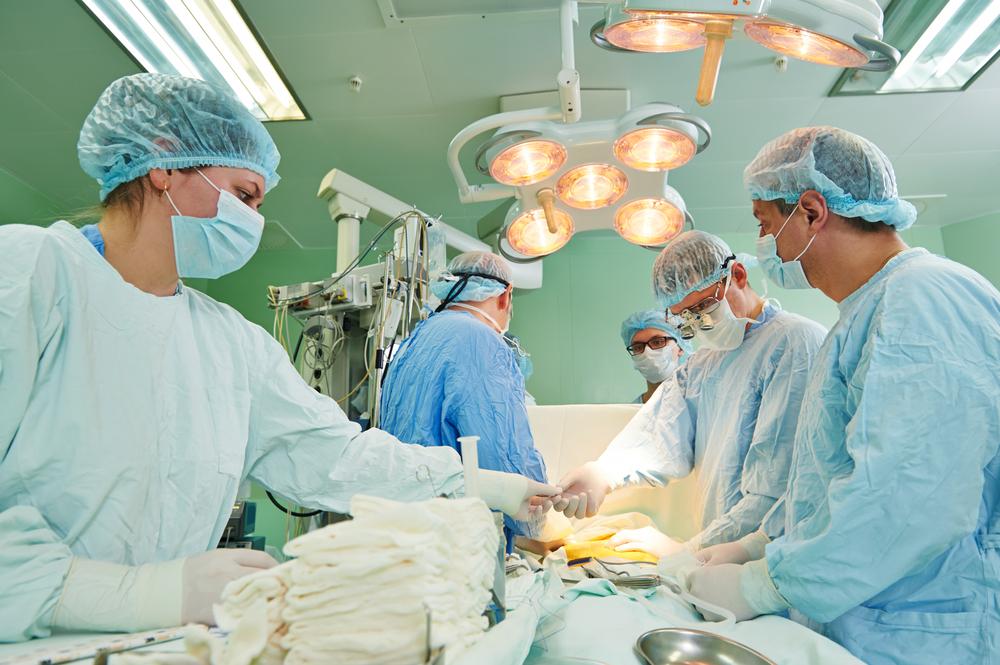
Surgical Methods to Treat Renal Cancer
Renal, or kidney cancer can be fatal if not detected early and treated on time. Surgery is usually one of the preferred treatments for renal/kidney cancer. There are various surgical methods for treating this cancer.
Surgery involves the removal of the tumor or cancerous tissues. Since the cancer is located in the kidney, it may be required to remove part of the kidney (partial nephrectomy). If the tumor has grown bigger, then it may be required to remove the entire kidney (radical nephrectomy).
Apart from the kidney, surrounding tissues may be removed, if it has become cancerous. If the cancerous cells have spread to the adrenal gland, then it may need to be removed as well.
1. Partial Nephrectomy and laparoscopy
One of the common treatments for renal/kidney cancer is partial nephrectomy. This is a surgery done to remove the part of the kidney that has become cancerous. The surgery may be done by making an incision on the belly, under the ribs, or in the back. It may be a normal surgery or may be done through laparoscopy.
Laparoscopic surgery involves making a small incision and a laparoscope with a camera is inserted into the incision. This is used to carry out the surgery. Robot-assisted surgery may also be performed.
2. Radical Nephrectomy
This involves removal of the entire kidney and is needed when the cancer is advanced and a partial removal is not helpful. The kidney is removed along with surrounding tissues. If cancer has spread to the adrenal gland, then it too has to be removed.
Surgery can be done by conventional incisions or using laparoscopic surgery. If the tumor has spread to the renal vein and the inferior vena cava, then the veins have to be operated on to remove the cancerous cells. During this, the heart has to be stopped and the patient has to be connected to a heart-lung machine.
3. Adrenalectomy
If cancer remains in the lower part of the kidney, then the adrenal gland can be left alone; else the adrenal gland has to be removed. While carrying out radical nephrectomy, the adrenal gland is also removed with the surrounding tissues.
4. Removal of lymph nodes
The lymph nodes may be surgically removed if the doctor suspects that the cancer has spread to the lymph nodes. Even if they are not enlarged, they may be removed to check for the spread of cancer.
5. Issues related to surgical treatment
Side effects are possible during surgery. This includes infections, bleeding, and injury to other organs. There are other risks like leakage of urine to the abdomen or even kidney failure.
After the surgery, proper monitoring and post-operative care are very important. A competent and experienced surgeon must carry out the kidney surgery, to avoid complications. Kidney functions would be continuously monitored, especially if the entire kidney is removed.
Hospitalization for 2 to 7 days may be needed after surgery. Recovery usually takes one to two months.
The surgical treatments for renal/kidney cancer that are discussed above are usually performed to remove cancerous cells from the kidney. It may be done by removing part of the kidney or the entire kidney.



